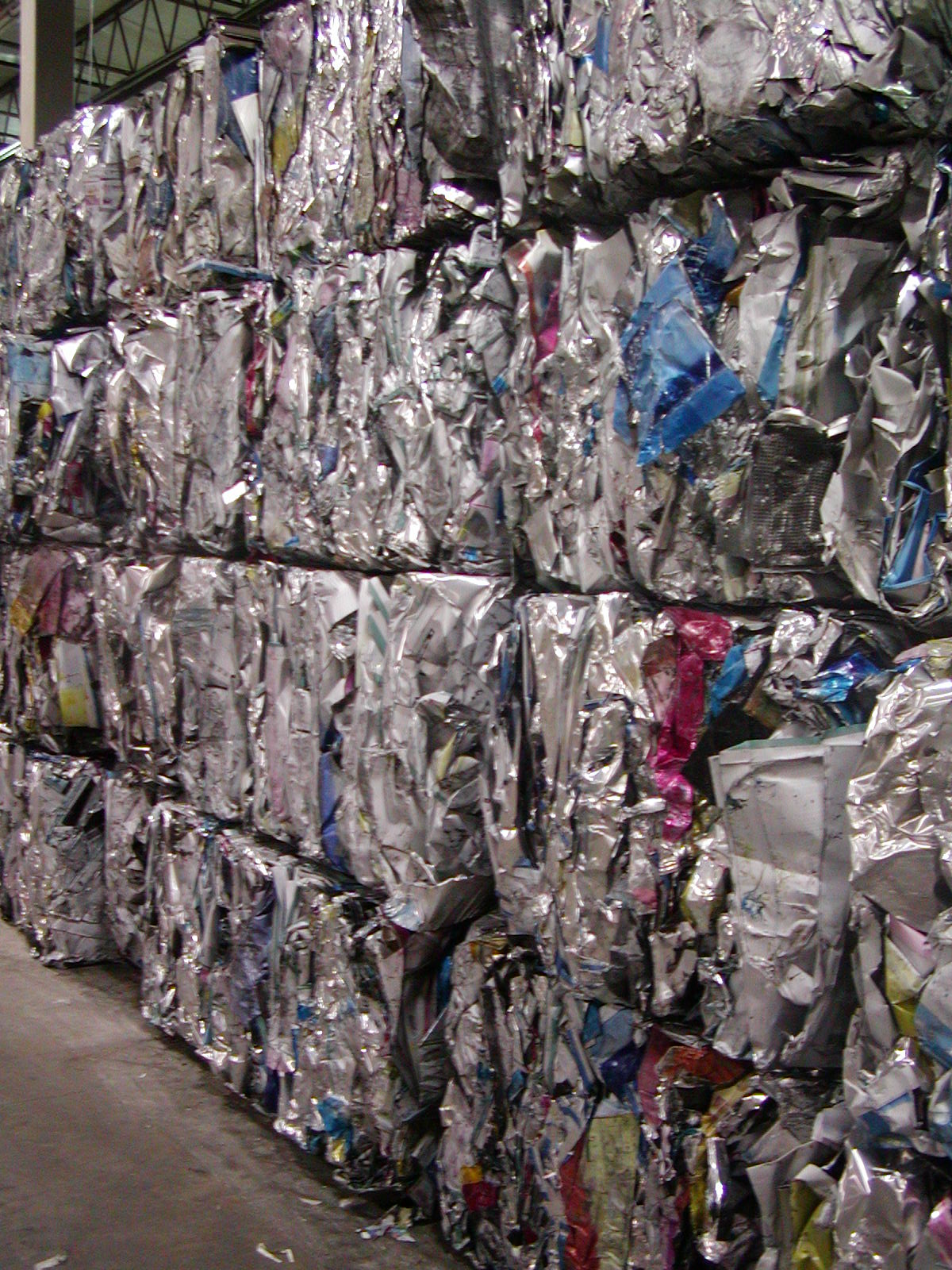There’s a lot going on at your business. Recycling services should be one area where you feel like things are just handled. Materials are picked up on time, the pricing is fair, you’re in compliance with recycling laws, workers are respectful and competent, and so forth. Making sure your recycling system runs smoothly all comes down to choosing the right company to provide recycling services. Here are some of the things to look for when evaluating whether a commercial recycling service is the right fit for your business.
Six Criteria for Evaluating Recycling Services
1. Range of materials collected: All general commercial recycling services should be able to collect the most common types of recyclable material, like paper and scrap metal. That level of service could be sufficient for some small businesses that don’t generate much waste. Most businesses have broader needs, though, especially those that have hard-to-manage waste or are subject to waste bans and other recycling regulations. (Like Massachusetts businesses that generate a lot of organic waste in a given week, and are legally required to divert that waste from landfills.)
Even if your business primarily recycles paper, plastic and scrap metal right now, it’s a good idea to partner with recycling services that can help you dispose of other kinds of recyclable waste too. It’s the easiest way to maintain compliance.
2. Flexibility: An organization’s recycling needs can fluctuate from week to week. It’s important that your commercial recycler can accommodate those fluctuations. It should be easy to request a same-day pickup when you’re overwhelmed by a mountain of cardboard, for example. The goal is to strike the right balance so your recyclables are picked up before they overflow and block walkways, but you’re not paying for more frequent service than you need.
3. Transparency: Trust is paramount when choosing and sticking with your recycling service provider. They haul off your company’s materials and you don’t know for sure what happens next, or if the provider will manage your recyclables responsibly. Reputable recyclers are willing to be transparent with customers about how they operate. A representative from your business should be allowed to visit the recycling facility and ask any questions, if you wish. (Learn more about how we handle data destruction here.)
4. Fair pricing: It doesn’t matter how responsive and experienced your recycling service is, if your business can’t afford its invoices. Transparency is important here, too. Can your recycling provider give you a breakdown of exactly what you’ll pay for services, including any fees or other costs that your business might incur? If you have profitable recyclables like non-ferrous scrap metal, be sure to ask about how those are valued. Getting as much information as possible about pricing lets you compare with other reputable recycling services. Your business can verify that its recycling contract is fair and that there are no hidden costs.
5. Equipment: Specifically, look at whether your recycling services can provide on-site equipment services for your company. As an example, businesses that generate a lot of cardboard waste may bring in a baler to compress it into manageable bales. On-site compactors can be used to condense recyclable materials. This strategy maximizes space and may help companies lower their recycling costs by scheduling fewer pickups.
If your business would benefit from on-site recycling equipment, getting it through your recycling service could be the easiest way to go. Maintenance, service and safety/operational training can be handled by your recycling service too. (More on leasing equipment below.)
6. Customer service and professional guidance: Commercial recycling can be pretty technical. Most organizations don’t have someone on-site who tracks scrap metal prices, can fix a baler and knows the most efficient way to set up the in-house recycling system. You should feel comfortable consulting your recycling services team for support on anything from “What container should we put X material into?” to “Should we have our own recycling equipment?”
A representative from your recycling service may also make a site visit to help your organization design an efficient recycling process. They can make recommendations about things you can outsource to them (like sorting and analyzing scrap metal alloys) vs. what you can do in-house (like bringing in different containers to better organize various types of materials). And, they should be able to provide recommendations about whether it makes sense to bring in equipment like a compactor or baler, and whether it’s more advantageous for your business to buy or lease.
Are Our Recycling Services Right For Your Massachusetts Business?
Miller Recycling provides comprehensive recycling services for Massachusetts organizations of all sizes and industries. I’m happy to answer any questions you may have about partnering with us for all of your recycling needs, including pickup services and equipment leasing. Contact me today!


